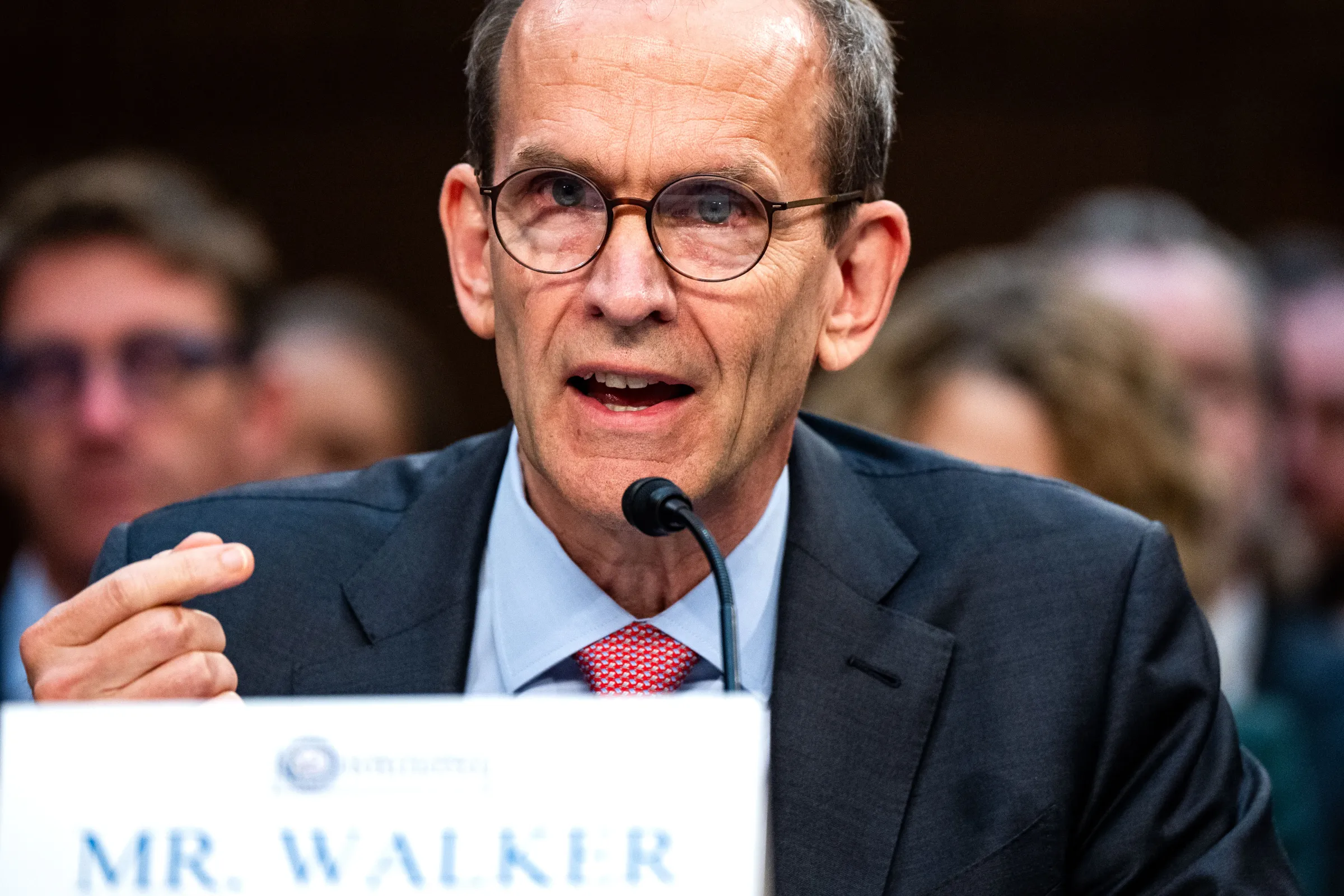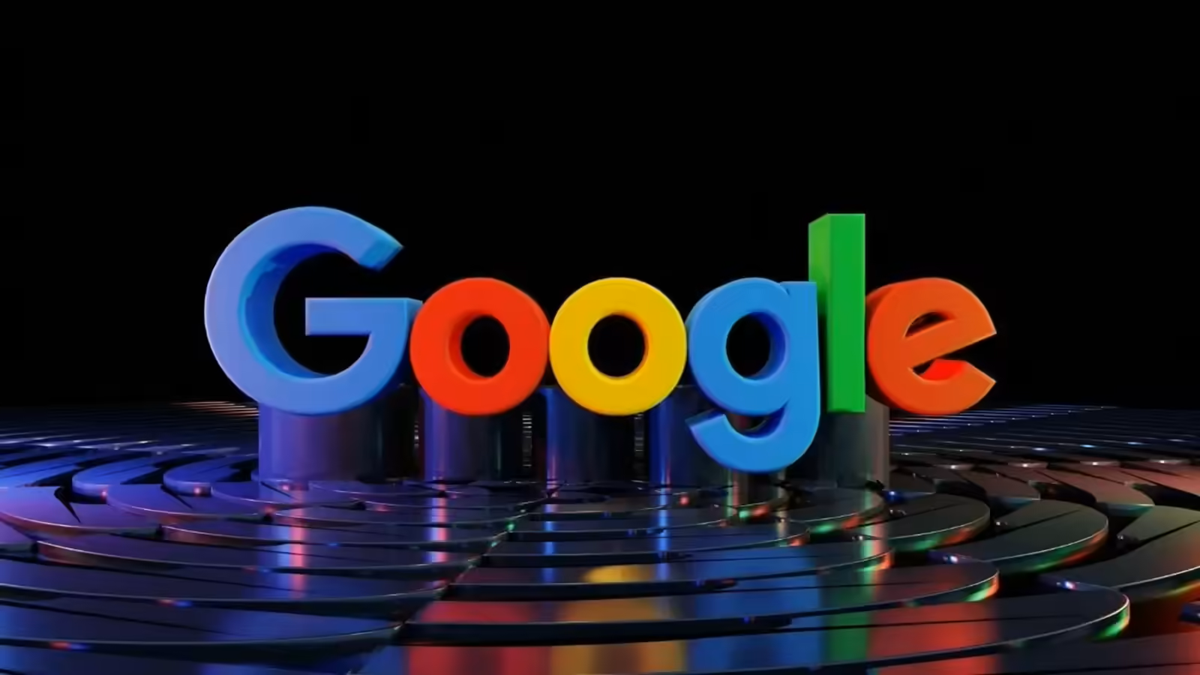Google announced on Wednesday that it will support the European Union’s voluntary code of conduct for powerful artificial intelligence models, joining other firms such as OpenAI and Mistral, even as tech rival Meta refuses to sign up.
The EU recently unveiled its long-awaited recommendations for a code of practice designed to govern general-purpose AI models, including advanced systems like Google’s Gemini.
The move comes ahead of the August 2 start date for enforcing broader regulations under the EU’s sweeping AI Act, which aims to provide oversight for high-risk AI technologies.
Kent Walker, Google’s President of Global Affairs, confirmed the company’s commitment, stating, “We will join several other companies, including US model providers, in signing the EU’s code.”
However, he also cautioned that certain elements of the proposed rules could hinder progress. He expressed concerns that deviations from existing EU copyright legislation and overly strict approval procedures could stifle innovation by revealing trade secrets and delaying model deployment across the continent.

Despite the concerns, OpenAI and French AI company Mistral have also agreed to follow the EU’s recommendations. Meta, however, remains firmly opposed.
In a LinkedIn post earlier this month, Meta’s Global Affairs Chief Joel Kaplan criticised the framework, arguing it introduces legal uncertainty and imposes requirements that exceed the scope of the EU’s AI Act.
Meta’s resistance marks the latest clash between the social media giant and Brussels, which have previously sparred over other digital regulations, including new rules around political advertising. In response to those changes, Meta announced it would stop accepting political ads in the EU rather than comply.
Meanwhile, several of Europe’s largest firms, including Airbus and Lufthansa, have appealed to the European Commission to delay the AI rules, warning that excessive regulation could cause the continent to fall behind in the global AI race.


 Trending
Trending 
